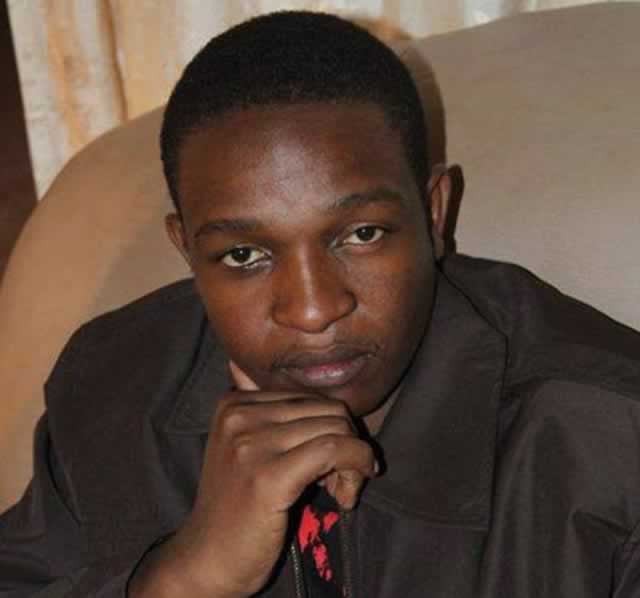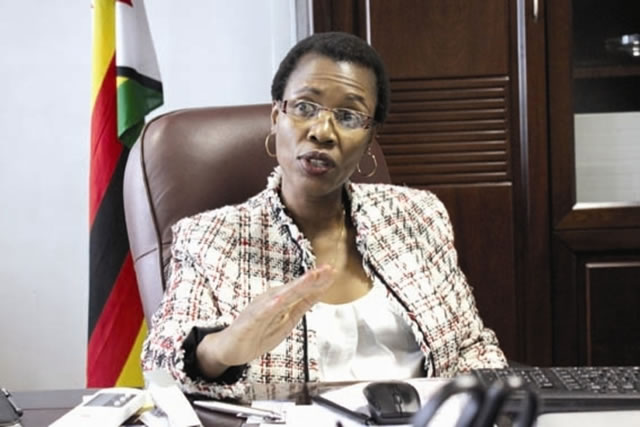People speak on President’s salary
Herald Reporter
President Mugabe’s public disclosure that he earns a US$4 000 salary monthly has unleashed a backlash on public sector bosses who were paying themselves up to ten times as much as the Head of State and Government while overseeing under-performing enterprises.Online responses to The Herald’s publication of a story yesterday in which the President revealed what he earns asked how executives at State-linked firms could justify their mega-packages.
A reader who identified himself as Tapson said, “When the President can reveal his salary, why is it that people like Gershom Pasi (Zimra Commissioner-General) and the like refuse to do so? This boggles the mind.
“And as of now I’m disturbed by the way most of the corruption cases are been handled. The commitment from the (Government) is pathetic to say the least. Corruption is continuing unabated and those who are doing so are left to enjoy their ill-gotten gains.”
Jotham Fence Sitter responded to a reader who claimed the President took huge benefits, saying: “You said benefits — those benefits are nothing compared to what the local authorities bosses, private public & private companies bosses get. If you have been following the news you know the figures.”
This was likely in reference to revelations that some public sector bosses paid themselves relatively modest salaries, but then padded these with massive untaxed allowances.
Another reader, Tafamutekwe, said, “Surprise, surprise. President of oil rich Angola earns a mere US$5 000 salary yet the CEO of a poorly performing State enterprise (in an impoverished country) like NetOne is earning far more than the President of the wealthiest and most powerful nation on Earth (Mr Barrack Obama of the United States) It just does not add up.
Mr Obama earns approximately US$33 000 monthly, while — according to Finance Ministry figures —NetOne boss Mr Reward Kangai was the highest paid public sector chief in Zimbabwe at US$43 693 per month.
The next highest-paid was suspended ZBC chief executive Mr Happison Muchechetere who was said to be taking home no less than US$37 000.
Ex-Premier Service Medical Aid Society CEO Dr Cuthbert Dube earned a whooping US$535 499 monthly.
PSMAS is not a State enterprise, but Government has an interest in its operations because civil servants provide 80 percent of member contributions to the society.
It was these mega-earnings that prompted Government to cap public sector packages at US$6 000 monthly, inclusive of taxed allowances.
The Herald reader, Ian, said: “It’s pleasing to note that our President is earning such a reasonable salary, a figure that is within the country’s means at the moment.
“He could have easily demanded an astronomic salary, given all that he has done for the country. Shame, shame, shame on those CEOs who are earning far more than can be afforded by their organisations.”
Another one, Mimi, weighed in saying: “President Mugabe’s monthly salary is reasonable especially when one takes the fact that he gets other benefits to supplement his monthly salary.
“And this includes the T&S allowances that he obviously gets on all the Presidential and official travels taken; the many gifts that he has gotten over the years including thousands of herds of cattle etc.
“Not that he should not get these but the truth is his salary cannot be compared to an ordinary Zimbabwean, civil servant who have by the way just as many responsibilities to take care of. In short given the situation of Zimbabwe US$4 000 is acceptable.”
President Mugabe’s salary is the lowest for any Head of State and/or Government in Southern Africa.
Between 2009 and 2013, executives and board members of the 78 State enterprises and parastatals gobbled US$600 million in salaries and allowances since 2009, and US$133 million last year alone.
Government has drawn up a Corporate Governance and Remuneration Policy Framework to monitor operations of parastatals and local authorities, and curb corruption and payment of unrealistic public sector packages.
The policy framework will be upgraded into an Act of Parliament.











Comments